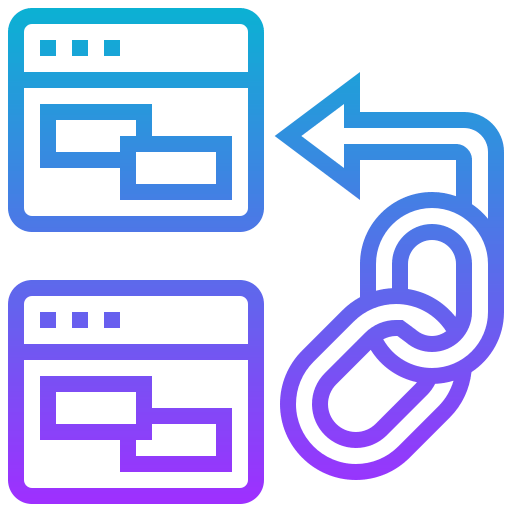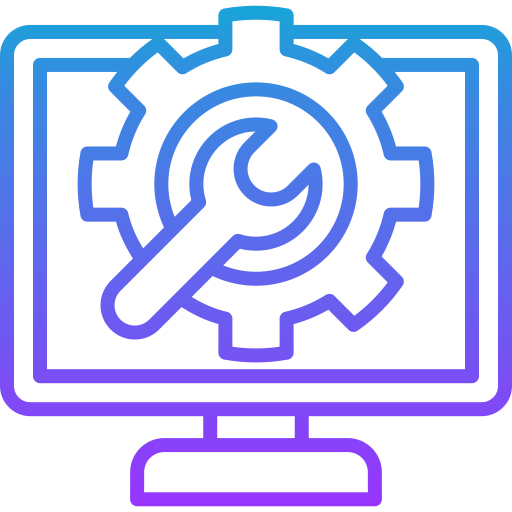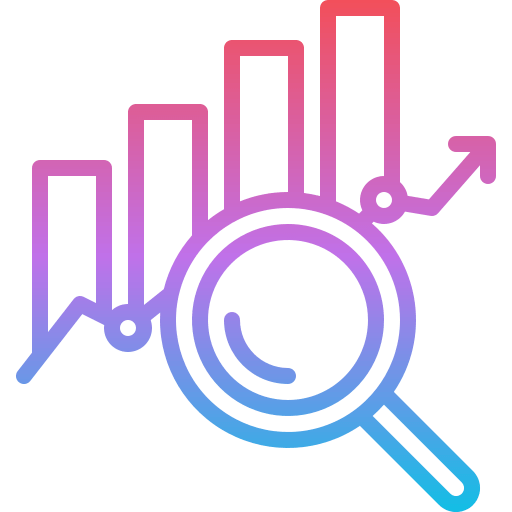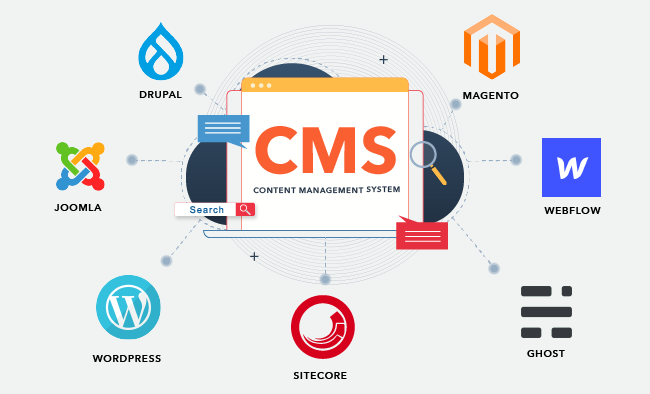SEO
Optimizing a website or web page to increase its visibility and ranking in search engine results pages. The goal of SEO is to improve organic search engine traffic by making the website more relevant, trustworthy, and accessible to both search engines and users.

Technologies We Use

Keyword Research Tools
Keyword research tools like Google Keyword Planner, SEMrush, and Ahrefs help businesses identify the keywords and phrases that their target audience is using to search for their products or services.

On-Page Optimization Tools
On-page optimization tools like Yoast SEO, All in One SEO Pack, and Moz Pro help businesses optimize their website's pages and content for search engines by providing recommendations for meta tags, headers, content structure, and internal linking.

Backlink Analysis Tools
Backlink analysis tools like Ahrefs, Majestic, and SEMrush help businesses identify the backlinks pointing to their website and analyze their quality, which can help improve their website's authority and ranking.

Content Creation Tools
Content creation tools like Grammarly, Hemingway Editor, and ProWritingAid help businesses create high-quality, engaging content that is optimized for search engines.

Technical SEO Tools
Technical SEO tools like Screaming Frog, Google Search Console, and SEMrush Site Audit help businesses identify and fix technical issues that can impact their website's search engine ranking, such as broken links, duplicate content, and crawl errors.

Analytics Tools
Analytics tools like Google Analytics and SEMrush provide insights into website traffic, user behavior, and other metrics that can help businesses optimize their website's performance.
Search Engine Process

1. Research & Analysis
Conduct research to identify the most relevant keywords and topics for target audience. Analyze the competition to understand what works and what doesn’t.
2. On-Page Optimization
Optimize website’s pages and content to make them more search engine-friendly. This includes optimizing meta tags, headers, content structure, and internal linking.
3. Content Creation
Create high-quality, engaging content that is optimized for search engines and aligns with target audience’s needs and interests.
4. Link Building
Build high-quality backlinks to website from reputable sources to increase website’s authority and credibility.
5. Monitoring and Analysis
Monitor website’s performance using tools like Google Analytics and Search Console. Analyze the data to identify opportunities for improvement and adjust strategy accordingly.
6. Continuous Improvement
This includes updating your website’s content, monitoring and improving its technical performance, and adjusting your strategy based on changes to search engine algorithms and user behavior.
You’ve Got Questions, We’ve Got Answers about Search Engine Optimization
Search engine optimization (SEO) is the practice of optimizing your website and its content to improve its visibility and ranking in search engine results pages (SERPs) for relevant keywords and phrases. The goal of SEO is to increase organic, non-paid traffic to your website.
- Keyword research and analysis
- On-page optimization (e.g., optimizing title tags, meta descriptions, and content)
- Off-page optimization (e.g., link building and social media marketing)
- Technical SEO (e.g., site structure, mobile responsiveness, and page speed)
- Monitoring and analytics (e.g., tracking traffic, engagement, and conversions)
- Keyword research and targeting
- Content optimization for keywords and user intent
- Building high-quality backlinks from reputable websites
- Optimizing website structure and navigation
- Creating and optimizing meta tags (e.g., title tags and meta descriptions)
- Incorporating social media and local search optimization
- Monitoring and analyzing website performance using analytics tools









